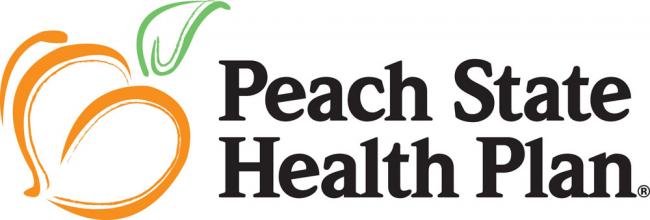
Established over 45 years ago, you can rest assured knowing your care is in the hands of a highly trained yet empathetic team of women doctors.
As the leading OB/GYN clinic in Snellville, GA, Gwinnett OB/GYN strives to continually offer every patient the best obstetrical and gynecological services.
Established over 45 years ago, you can rest assured knowing your care is in the hands of a highly trained yet empathetic team of women doctors.
From your first gynecology visit, to all your prenatal appointments, your menopause treatments, and everything in between, our caring doctors will be there to guide you through every step of the way. At Gwinnett OB/GYN, we strive to make every OB/GYN visit with us a calming and pleasant experience.
To ensure we offer the most comprehensive services, our OB/GYN clinic houses the most advanced 3D and 4D ultrasound imaging technology so you can have a clear sneak peek of your little one.
We also perform various laboratory exams and consider your medical history to devise a personalized infertility treatment plan that works best for you. Our caring team can answer all your questions and clarifications about the results to ensure your mind is at ease. You can rest assured that we’ll create a care plan according to your results for the best outcome.
We also offer numerous procedures, including sonohysterography, endometrial biopsy, colposcopy, and more, to ensure we cater to all your women’s health needs. To ensure maximum comfort, we make every effort to create a relaxed environment for all our patients.
Although not needed by all moms-to-be, fetal testing is necessary for some, which is why we offer it at our OB/GYN clinic. The choice is entirely up to you, and we only advise genetic testing when it could potentially affect your prenatal care; we provide fetal testing for expectant mothers if necessary to ensure the best and safest care plan.
At Gwinnett OB/GYN, we aim to empower women and provide warm, comprehensive, and accessible care to all women in and near the Atlanta area. By offering complete and personalized care to our patients, we ensure every patient receives no less than the best care in Snellville.
Choosing Gwinnett OB/GYN is choosing a gynecologist with a team of extensively experienced yet empathetic professionals. For all your obstetrical and gynecology needs, know that Gwinnett OB/GYN is here for you.

























We ask that you cancel and/or reschedule appointments at least 24 hours in advance so that we may give that time to someone else.
You can call us anytime if you have any questions about labor that you want to clarify. However, some urgent cases that you must bring to our immediate attention include:
Weight gain is a normal and necessary phenomenon during pregnancy. Many women don’t experience weight gain in the first trimester but will need to gain some weight to support the growth and development of the baby.
Through regular check-ups and consultations, your OBGYN will guide you through the necessary weight recommendations during this period. These recommendations will highly depend on your weight at the start of the pregnancy, but as a general rule, you should gain:
It’s essential to follow these guidelines, as there may be consequences if you exceed or fall short of these recommendations for weight gain.
Menopausal symptoms usually begin before the final menstrual cycle, which is upwards of four years prior and can last another four to five years after.
The most common symptoms you’ll experience are:
Menopause symptoms don’t last forever. You can turn to herbal supplements to help manage these and even explore hormone replacement therapy with your OBGYN. In the latter’s case, consult your OBGYN closely regarding the benefits and risks.
Ovarian cysts are fluid-filled sacs that develop when the follicle holding unreleased eggs enlarges and forms a cyst. This is a common experience for many women, and it’s important to know that most ovarian cysts are benign (called functional ovarian cysts).
However, it’s important to note that different cysts can develop in the ovaries. While ovarian cysts rarely become concerning, dermoid cysts (cysts filled with varying types of tissue) can either be benign or cancerous.
Your doctor may also have to account for other variances. If we identify any ovarian cysts, we will usually follow up on your care with ultrasound and bloodwork so that we can map out the appropriate next steps.
We generally conduct Pap smear tests annually for yearly check-ups, and Pap smear tests begin at 21 years old.
These tests are done routinely to ensure your overall reproductive health and are a pillar in the early detection and treatment of human papillomavirus (HPV). Vigilance in spotting this condition is essential as it can progress to cervical cancer if left untreated.
At Gwinnett OBGYN Associates, we ensure that any abnormal Pap smear test results are discussed openly with you and kept confidential. We will also take prompt and effective action to treat you and achieve the best health outcomes.